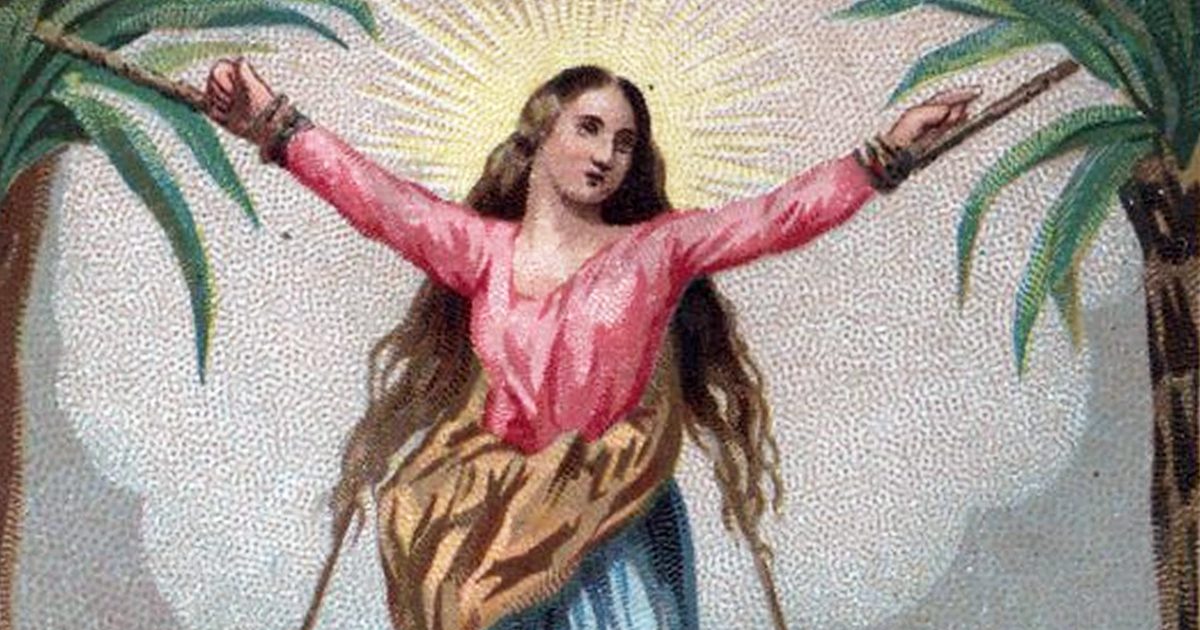 I believe there are as many types of saints as there are souls to be saved. – Flannery O’Connor
I believe there are as many types of saints as there are souls to be saved. – Flannery O’Connor
I’ve decided I’m stopping after this — writing pandemic essays — but I can’t promise. I suspect I’ll need to redirect my thoughts to the election in November. That’s a different column, and probably one that will never be written. Contributing to divisiveness is not a calling I want to pursue. The first time I put on a face mask helped me understand a new kind of wall between us. Anonymity appeared as smiles disappeared.
Has a month ever passed so quickly or slowly as April? I don’t adhere well to rules and I’m not sure I’ve done a great job with the Covid-19 guidelines although I’m a better hand washer, and I’m using sanitizer after I pump gas. There is an odd part of me that is going to miss staying at home. In another housebound conversation, my husband declared that there have never been times like these, and I teased him about the seriousness of his pronouncement, tired of the magnitude of these days.
I’m not going to miss images of mass graves on Hart Island in New York or refrigeration trucks lining the streets of a city I love. I dread the after effects of this virus wondering how unemployment, more national debt, and loss incurred by families and small businesses will haunt us in the years ahead.
I’ve been sad during this crisis. Maybe it’s the loss of serenity over things I cannot change and the flaccid realization of how little I can help. Loss has settled in the air like a second layer of dense ozone, only this one can’t be perforated by something as light as aerosol spray. It takes community, and as connected as we are through technology, virtual reality lacks the trustworthiness of touch.
I’m already tired of the phrase the new normal. I’ve never been certain of the old normal, of anything normal. What is normal? For me, normal has always implied boredom, the status quo, the unexceptional. Nothingis normal. Unnormalness makes life interesting.
I don’t want to witness pain or suffering, sickness or death. But guess what? I don’t always get what I want and I just got a whole big dose of it with warnings of more to come. I sound like a spoiled brat. Guess I’ve learned that too. I’m spoiled. Spoiled with good health, spoiled in the comfort of retirement, spoiled with food on the table, a paid mortgage, two cars in the driveway, health insurance, a well-fed dog, soap, toothpaste, and toilet paper. I’m spoiled with virtual church services. I don’t have to plan one-half hour ahead to be in a pew when the bells are ringing. I don’t have to shower. I still don’t have to sing.
Virus days. They represent loss on so many levels and yet, they embody growth. That’s what loss does, right? Makes us grow? What doesn’t kill us makes us stronger even as we gag on the cliché because this affliction is killing some of us. And of course, as Americans, we have the right to congregate and protest. Hell, I have the right to write this stuff. You have the right not to read it. Take it or leave it. More clichés.
During these stretched out days of flattening curves, I opened a letter from my monk friend in Chicago. A card slipped out. St. Corona. For a moment, I forgot about the virus and thought, Corona beer?(There’s a brand name that will never be the same!) And then I read more closely. St. Corona, Patroness of Epidemic Victims. You’ve got to be kidding me. She hails from northern Italy, a Covid hotbed. It gets crazier. Tied to two bent palm trees (visions of our South Carolina state tree), Corona was torn apart when the tree trunks were released. Inventive, but where’s the correlation with epidemiology? Turns out her real gift was comforting the suffering.
In the end, I’m not sure where to find answers. Did the virus originate in a Chinese wet or wildlife market? Is a saint, split in two, looking out for us? Will we emerge stronger from a world weary behind the cocoons of face masks? I am hopeful for a butterfly summer when each of us breaks free from this chrysalis of containment onto the beach, into our churches and synagogues, our mosques and temples. I am hopeful for our youth, our elderly, our economy, an unending flow of grace upon our medical and scientific communities, on our essential workforce, and on our country and world.
The days after Easter are meant to remind us that there is hope for humanity rising. Never, in my lifetime, has the hope of global resurrection been greater. As individuals, there is always the getting up again — after job loss, after hurt, after death. In the months to come, ours is a collective resurrection, a patient lift to pick each other up as we mend our singular spirits with hope.
I don’t want to write about this anymore. I want it to all go away. I want to get into my parked RV, cross the county line, and drive away into the new normal and away from yesterday’s abnormal. On the back of St. Corona’s prayer card is the plea for grace “to take up our daily crosses without fear or hesitation.” I can’t wait to go to the dentist, and I can’t wait until I hear the words, “We have a vaccine.”





